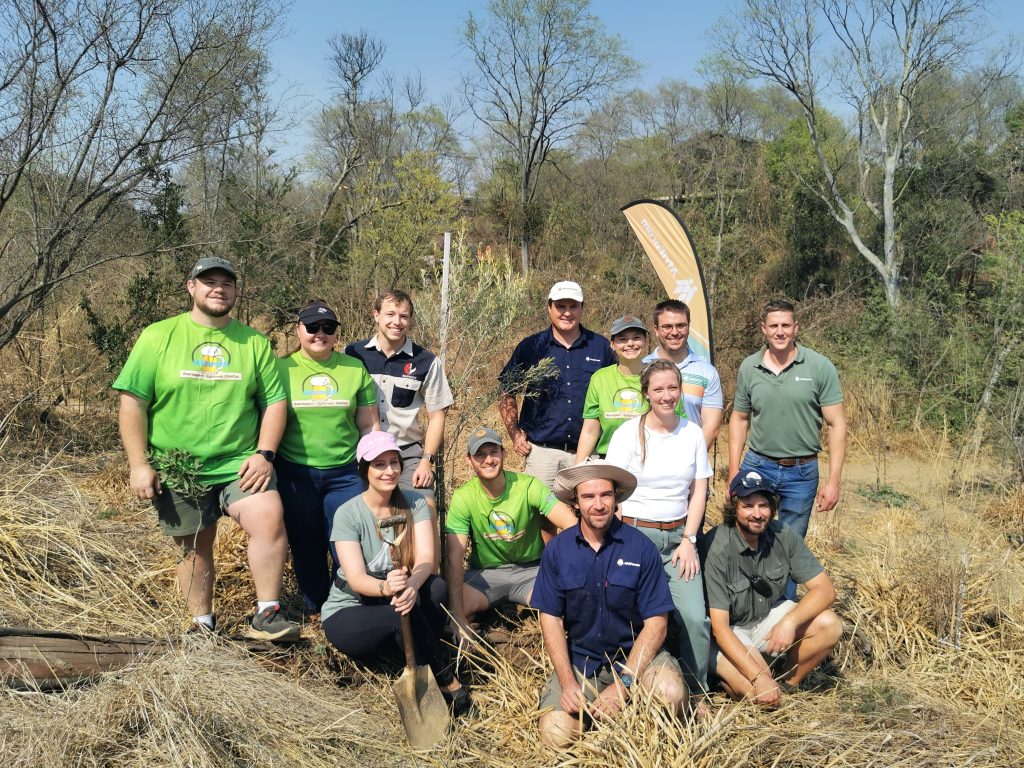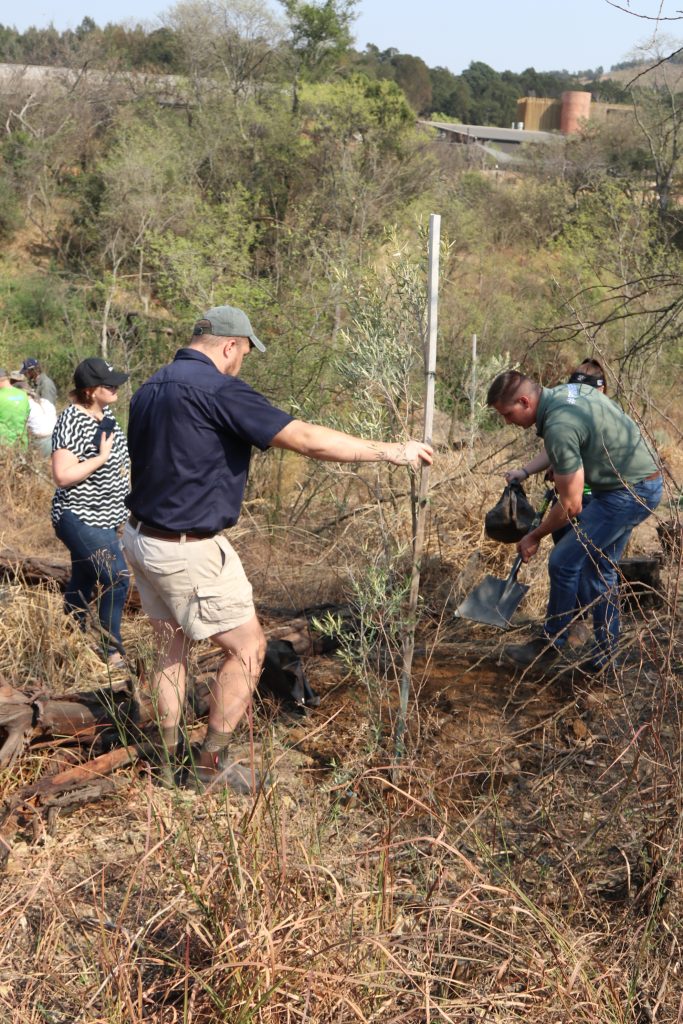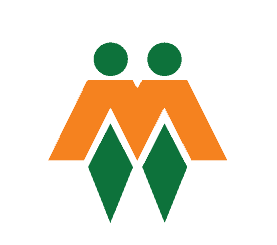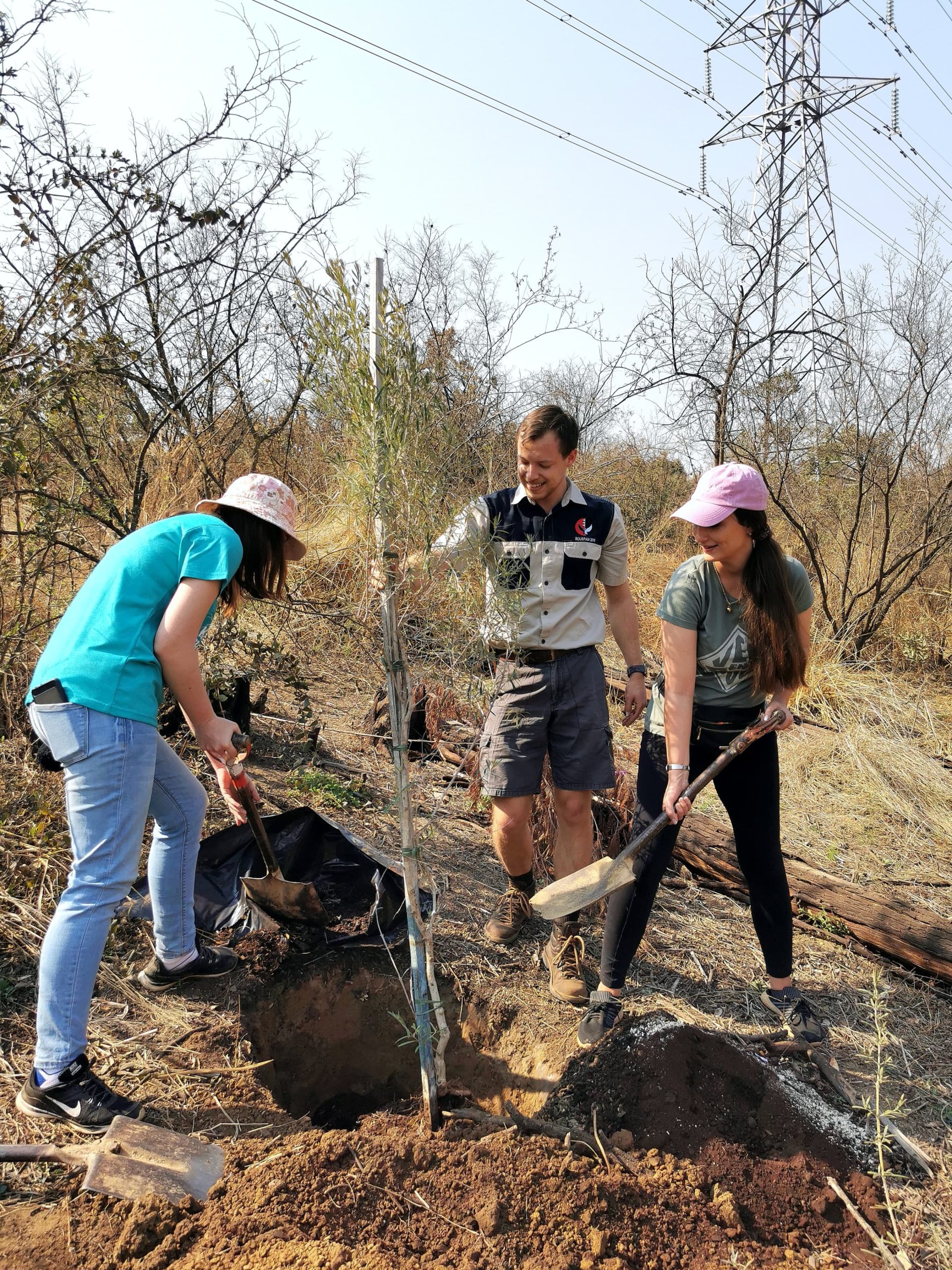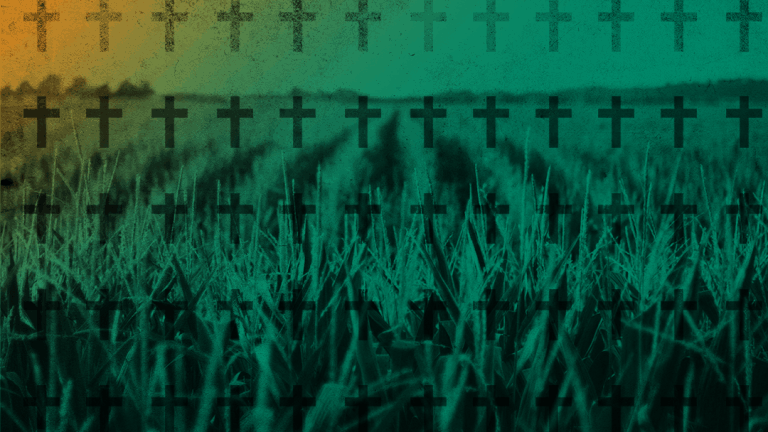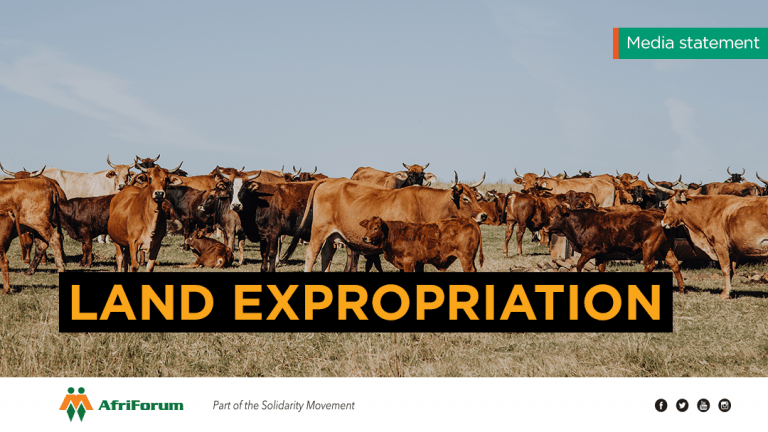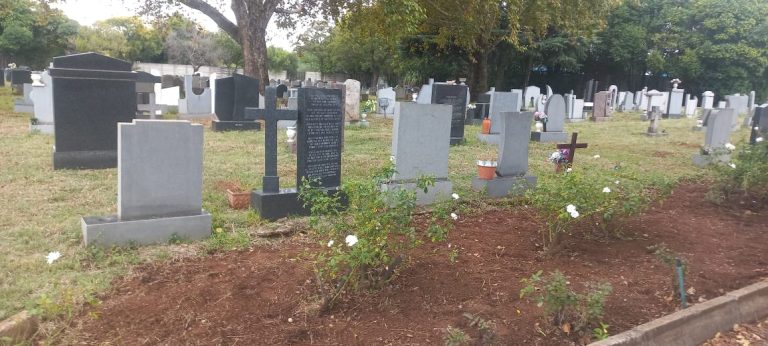AfriForum launches Arbour Month Project in Pretoria
AfriForum launched the organisation’s nationwide Arbour Month Project on 4 September at Wolwespruit in the east of Pretoria. Ten indigenous false olive (Buddleja saligna, SA tree number 636) saplings were planted in a green belt where invasive wattle trees were cleared. The false olive is the national tree of the year for 2023 and is known as a hardy, fast-growing tree that thrives in a variety of habitats.
AfriForum is involved in several initiatives to promote environmental sustainability and to protect the country’s natural heritage. The Arbour Month Project runs parallel with National Arbour Week each year, with the goal to inform the public about the importance of trees and to encourage them to plant indigenous trees.
The myriad of benefits that indigenous trees provide for the environment (it purifies the air; provides a habitat for birds, insects, and animals; controls stormwater runoff; dampens noise and wind; and provides shade) ultimately contribute to people’s health and wellbeing. However, several factors like urbanisation, pollution and the uncontrolled spread of invasive plants threaten the continued provision of these benefits.
“Planting an indigenous tree is therefore a practical and symbolic gesture of sustainable environmental management. Furthermore, it is every person’s responsibility to protect existing trees, to remove declared invasive plants and to educate children from a young age about the importance of trees,” says Marais de Vaal, AfriForum’s advisor for Environmental Affairs.
AfriForum encourages communities across the country to plant indigenous trees that are well adapted to local conditions at their homes, schools, churches, community centres, old age homes and parks during September.
